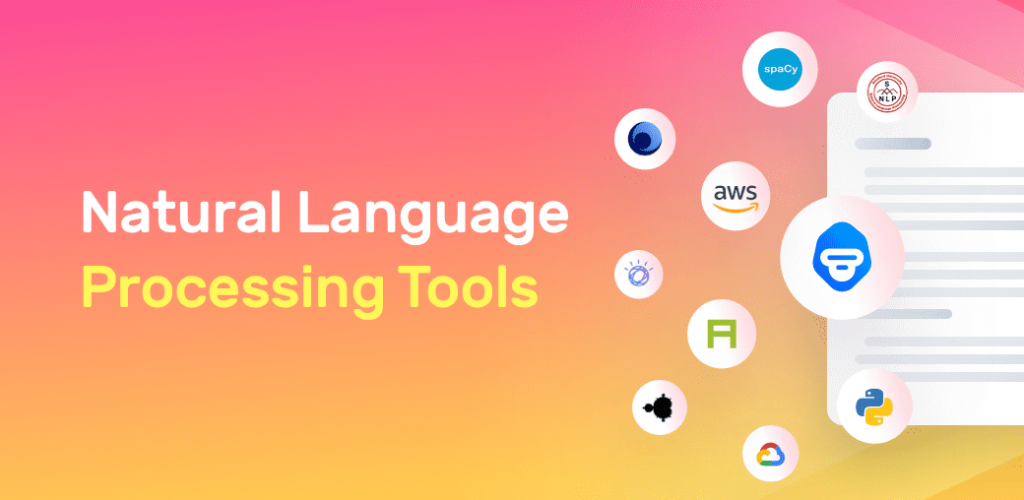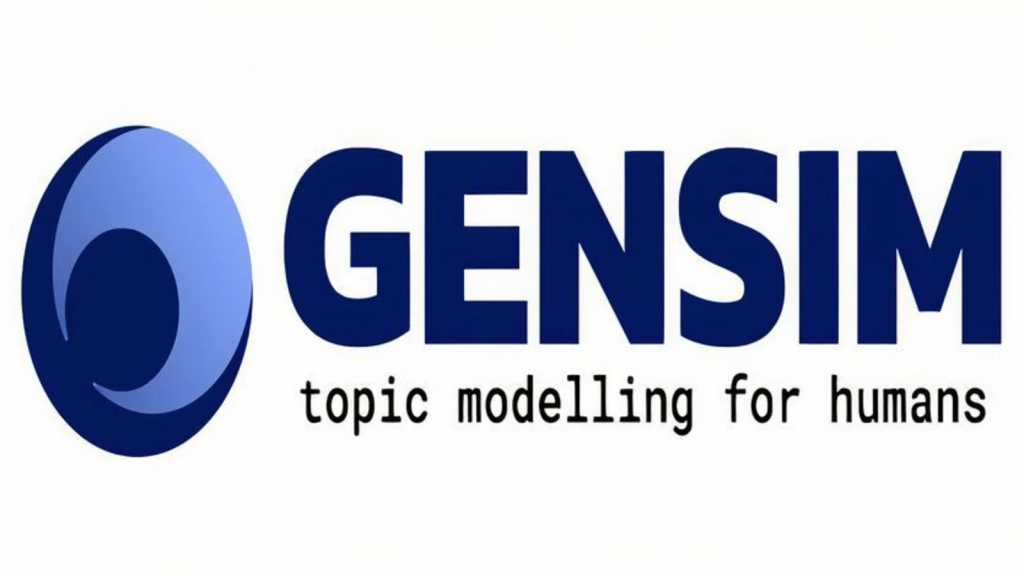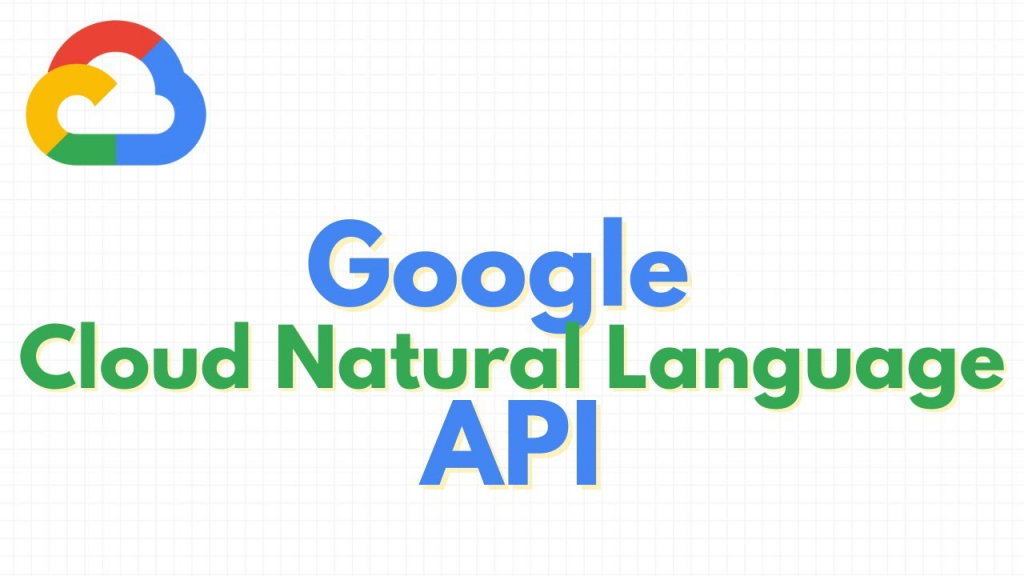
Are you tired of manually sifting through heaps of text? Worry no more! Natural Language Processing (NLP) tools are here to save the day! In this article, we will explore the top NLP tools that can help you extract valuable insights from your text data.
What is Natural Language Processing (NLP)?
Before we dive into the tools, let’s first understand what NLP is. NLP is a subfield of artificial intelligence that focuses on the interaction between computers and humans in natural language. It involves analyzing, understanding, and generating human-like language.
Top NLP tools
- NLTK (Natural Language Toolkit)

NLTK is a popular Python library for NLP. It provides a set of tools for tasks such as tokenization, stemming, and tagging. It also has a vast collection of corpora, which are large collections of text that are used for training and testing NLP models.
- spaCy
spaCy is another popular Python library for NLP. It is known for its speed and efficiency. It provides tools for tasks such as tokenization, named entity recognition, and dependency parsing.
- Gensim

Gensim is a Python library for topic modeling and document similarity. It provides tools for tasks such as document indexing, similarity queries, and topic modeling.
- Stanford CoreNLP
Stanford CoreNLP is a suite of tools for NLP developed by Stanford University. It provides tools for tasks such as tokenization, named entity recognition, and sentiment analysis. It also has support for multiple languages.
- IBM Watson
IBM Watson is a suite of tools for NLP and machine learning. It provides tools for tasks such as sentiment analysis, entity recognition, and language translation. It also has support for multiple languages.
- Amazon Comprehend
Amazon Comprehend is a cloud-based NLP service provided by Amazon. It provides tools for tasks such as sentiment analysis, entity recognition, and language detection. It also has support for multiple languages.
- Google Cloud Natural Language API

Google Cloud Natural Language API is a cloud-based NLP service provided by Google. It provides tools for tasks such as sentiment analysis, entity recognition, and syntax analysis. It also has support for multiple languages.
Conclusion
NLP tools are becoming increasingly important as more and more businesses generate vast amounts of text data. The tools listed above are just some of the many NLP tools available. Each tool has its strengths and weaknesses, so it’s essential to choose the right tool for your specific use case. With the help of these tools, you can extract valuable insights from your text data and make data-driven decisions.
Email- contact@devopsschool.com

 Starting: 1st of Every Month
Starting: 1st of Every Month  +91 8409492687
+91 8409492687  Contact@DevOpsSchool.com
Contact@DevOpsSchool.com
